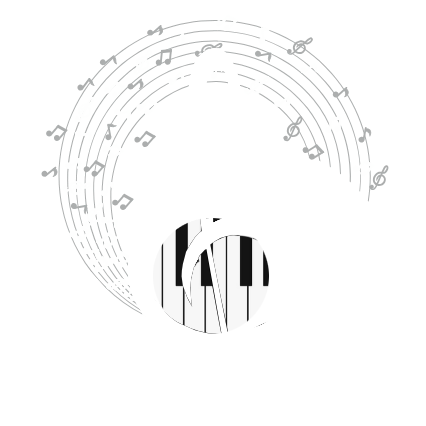Step 1: Start with Curiosity, Not Pressure
It’s Okay to Know Nothing (Really)
Feeling lost is part of beginning something new. The good news? You don’t need to know it all. You just need to start with curiosity. Let yourself explore without expecting perfection right away.
Pick One Thing to Learn First
Don’t try to master everything at once. Choose one small area of focus—like learning your first scale on piano, one pose in yoga, or a few phrases in a new language.
Step 2: Find a Beginner-Friendly Resource
Use What’s Made for Newbies
Look for tutorials, apps, or guides labeled “for beginners.” These are designed to break things down clearly and slowly—exactly what you need at the start.
Avoid Expert-Level Content
Jumping into advanced materials too soon can leave you frustrated and confused. Build your foundation first, then level up later.
Step 3: Create a Simple Routine
Set a Low Bar (On Purpose)
Don’t aim for an hour of practice every day right away. Start with 5–10 minutes. Consistency builds confidence. And once you’re comfortable, you can always add more time.
Anchor It to an Existing Habit
Pair your new skill with something you already do. For example, practice after breakfast, stretch before bed, or review flashcards during lunch.
Step 4: Don’t Learn Alone
Join a Community or Ask for Help
Whether it’s an online forum, a group class, or a friend who’s also learning—having support makes the journey easier and more fun. You’ll pick up tips faster and stay motivated longer.
Celebrate Your Wins With Others
Even small progress—like your first complete song or phrase—is worth sharing. It keeps you encouraged and reminds you how far you’ve come.
Step 5: Embrace the Awkward Phase
You’ll Feel Clumsy at First—That’s Normal
Every beginner feels unsure in the beginning. That means you’re doing it right. Awkwardness is the first sign that your brain is learning something new.
Keep Going, Even When It Feels Slow
Momentum builds with repetition. One day, what feels hard now will feel automatic. Trust the process, stay patient, and keep showing up.
Conclusion: Beginning Is the Boldest Step You Can Take
You don’t need fancy gear, a detailed plan, or tons of time. You just need a willingness to begin. Start small. Stay curious. Let go of perfection. No matter what you’re learning, progress begins with that first brave step forward.
FAQs
1. What’s the easiest way to start learning something new?
Pick one beginner-friendly resource and commit to just 5–10 minutes a day. Keep it simple and consistent.
2. I feel overwhelmed—where do I even begin?
Start with a small action: one video, one page, one step. You don’t need to plan it all—just take the first move.
3. Do I need to practice every day?
Not necessarily, but the more often you engage, the faster you’ll improve. Even 3–4 times a week is great for beginners.
4. What if I feel like I’m not making progress?
You likely are—you just can’t see it yet. Track your practice, review what you’ve learned, and give yourself more time.
5. How do I stay motivated to keep going?
Celebrate small wins, stay connected to your “why,” and find joy in the process—not just the outcome.



